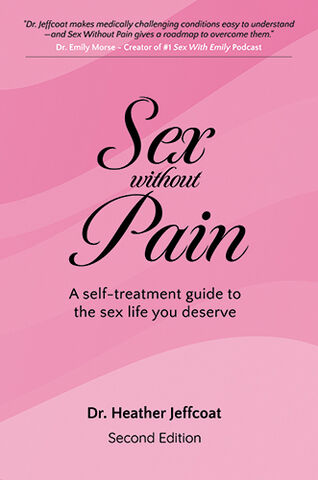
The Femina Physical Therapy Blog
Featuring original articles by our staff about current events and trends
Explore our insightful blog articles on pelvic health, where we delve into essential topics that empower and educate. From understanding pelvic floor disorders to strategies for conquering infertility, our content is designed for those seeking knowledge and support. We discuss the latest research, expert advice, and practical tips to enhance your well-being and foster a deeper connection to your body.
Featured From the Blog:
Therapeutic Breast Massage in Lactation (TBML)

Therapeutic Breast Massage in Lactation Can Help Make Breastfeeding Less Painful
Breastfeeding is widely accepted as the normal standard for providing nutrition to newborns, however, many women who do not reach their breastfeeding goals. US national data stated that breast pain was a commonly reported reason for women weaning less than 1 month postpartum. Within that segment, 29% of women who participated in the study stated that “breastfeeding was too painful” to continue.
In the same study, 24% of women reported “breasts feel(ing) too full or engorged” as another reason to discontinue breastfeeding prior to 1 month postpartum.1 Currently, The American Academy of Pediatrics recommends exclusive breastfeeding of infants for the first six months of life. As physical therapists who treat patients with postpartum conditions, we are well positioned to make a big impact on patients with breastfeeding related pain and reduce barriers to continued breastfeeding!
Understanding Relaxin: Why It Doesn’t Cause Pain in Pregnancy

Pregnancy is a time of significant physical and hormonal changes, and among the many hormones involved, Relaxin plays a crucial role. However, there’s a common misconception that Relaxin is responsible for pain during pregnancy. Let’s take a closer look at what Relaxin does and why it doesn’t directly cause pain.
What is Relaxin?
Relaxin is a regulatory hormone involved in growth, metabolism, and tissue remodeling after an injury to our bones, ligaments, muscles or tendons (Dehghan 2014). During pregnancy, Relaxin levels begin to increase in the first trimester to help the body prepare for childbirth by relaxing the ligaments in the pelvis and softening the cervix (Aldabe 2012, Daneau 2014). The ligaments of the pelvis will begin to relax around the 10th-12th week of pregnancy (Aldabe 2012). This process allows for greater flexibility in the pelvic area, facilitating delivery and accommodating the growing baby.
Read more: Understanding Relaxin: Why It Doesn’t Cause Pain in...
Restorative 20 Minute Home Yoga Practice For Chronic Pelvic Pain
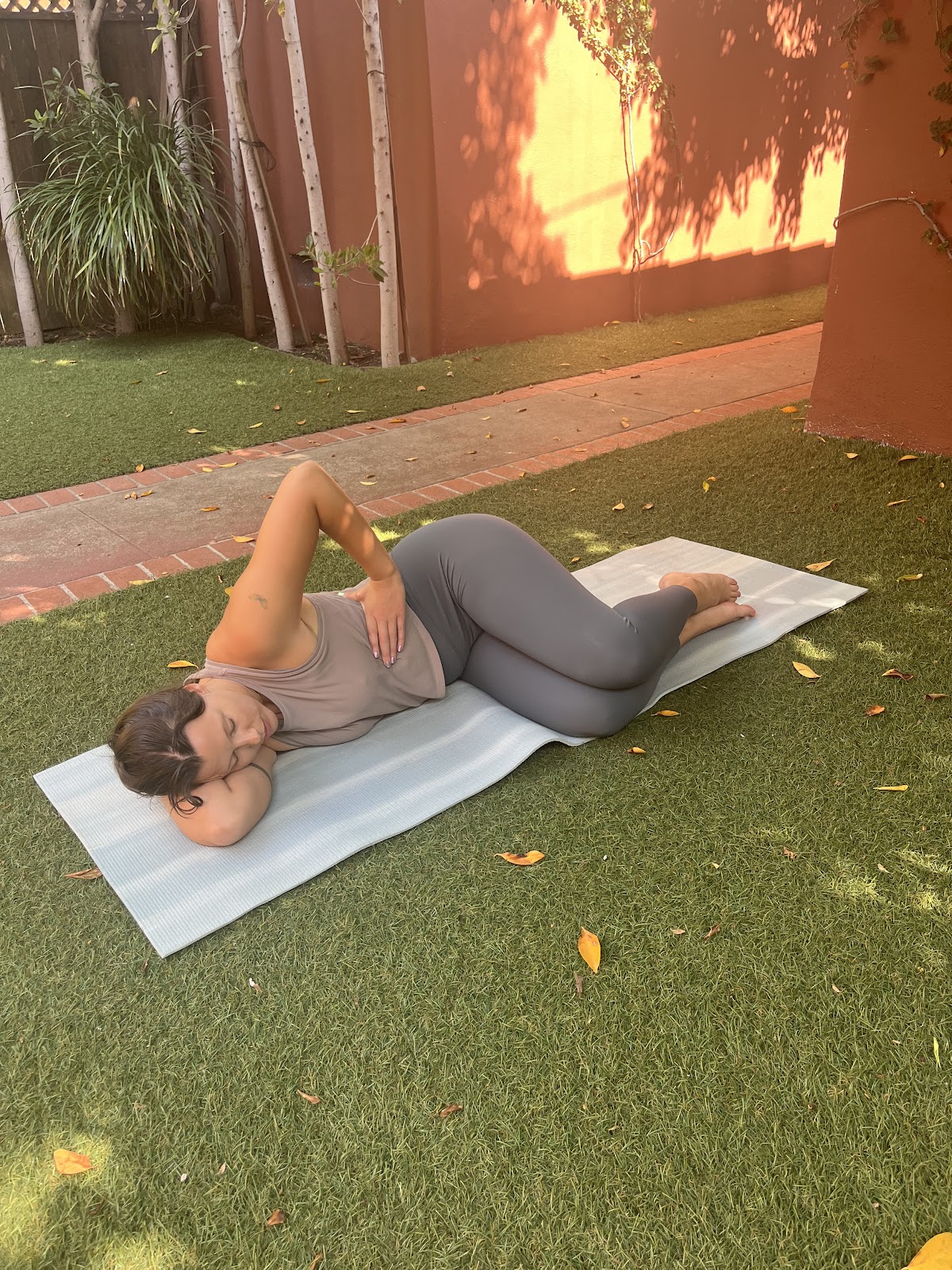
Yoga Practice For Chronic Pelvic Pain Can Be a Very Helpful Routine
As stated in my last blog post, yoga can be so beneficial as a pain management tool due to its ability to modulate the sympathetic nervous system3,4 which plays a large role in chronic pain. The exact mechanism of how yoga helps with chronic pain is still being studied, however, it is reasonable to believe the full body relaxation promoted by a yoga practice helps to decrease tension in key muscle groups- including the hips and pelvic floor which are often tight in people with chronic pelvic pain.
Currently, evidence has mostly focused on one hour long practices as an intervention, although there are some studies that report improvements in pain with shorter practices, such as the routine below. As with any mobility/stretching routine, benefits will be seen with more frequent practice, however even twice weekly can help decrease pain.
Read more: Restorative 20 Minute Home Yoga Practice For Chronic...
- Details
- Written by: Staff
- 29465 Views

Getting back to activities like sex after a hysterectomy can be intimidating.
Learn what a hysterectomy is, how it can affect your sexual function, and what pelvic floor physical therapy can do to help.
What is a hysterectomy?
Acording to the American College of Obstetricians and Gynecologists (ACOG), a hysterectomy is surgery to remove the uterus. It is a common type of surgery for women in the United States.
- Hysterectomy is used to treat many women’s health conditions including:
- Uterine fibroids (this is the most common reason for hysterectomy)
- Endometriosis (although it states this on ACOG, it is more correct for this to state Adenomyosis, which is endometriosis in the uterus. Please be clear -- a hysterectomy is NOT a cure for endometriosis).
- Pelvic support problems (such as uterine prolapse)
- Abnormal uterine bleeding
- Chronic pelvic pain
- Gynecologic cancer
- Details
- Written by: Heather Jeffcoat, DPT
- 12741 Views
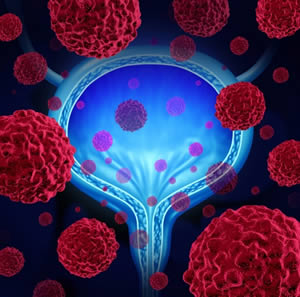
If you’re facing a diagnosis of bladder cancer or a similar health concern, sex may be the last thing on your mind.
However, your sex life after a cystectomy (bladder removal surgery) should be a major consideration for any doctor who recommends it.
Sadly, research shows that’s much more likely to be true for men than it is for women. In fact – although sexual function after bladder removal is ‘routinely considered’ for male patients – surgeons in one study discussed complications that could affect pelvic health and sexual function with just 13% of female patients. Worse, the medical counseling those women got after surgery ignored the topic of sex altogether.
Read more: Sex After Cystectomy | What Women Need To Know Before...
- Details
- Written by: Staff
- 12000 Views

How much do we really learn about intimacy, affection, sensual touching and sex while growing up?
A lot of our references for intimacy come from what we see in our families, movies, and for sex, a lot of the time porn. What we are individually exposed to will possibly become what we think is the norm, which can then possibly skew our views towards intimacy with a partner. For instance, if a woman watches porn for a sex reference she may think her vulva has to look a certain way or that she needs to attain an orgasm with penetration or to be intimate with her partner she has to have sex, when that’s not really the case.
Read more: Did You Know There's More Than Just Sex? Sensate Focus Can...
- Details
- Written by: Staff
- 13536 Views

During this time of "safer at home" orders, we have been having to find more creative ways to move at home.
If you are someone that experiences urinary incontinence and/or pelvic organ prolapse you may not be going out now to see a pelvic health physical therapist to guide you through a routine. In this blog post I’m going to go over a few mat pilates exercises I like to do with patients that experience urinary incontinence and/or pelvic organ prolapse (POP). A study done in 2018 by Lausen et al, found that in the group that did mat pilates with standard physical therapy had more positive outcomes with their urinary incontinence, as well as, quality of life.
Read more: 3 Mat Pilates Exercises For Urinary Incontinence and POP
- Details
- Written by: Mary P. Shriver, CMT
- 16400 Views

Chronic pain doesn’t just happen to the body. It effects our thoughts and our feelings.
When pain persists beyond the body's normal healing range, 12-20 weeks (let alone over 6 months or even 6 years) it can make us worried and upset. That worry and upset can make the pain feel worse. In fact, studies now show that unchecked thoughts and feelings can hijack the body/mind setting off a vicious cycle of chronic pain.
- Details
- Written by: Staff
- 5232 Views
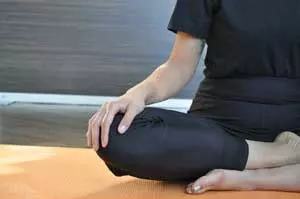
Check out these yoga poses for working at home that you can do in your home office setup!
Peform them at least 1-2x during your workday.
Many people working from home with the COVID-19 pandemic are finding themselves sitting hunched over a computer in non-ergonomic work setups -- kitchen counters, hard chairs or stools, or simply propped up in bed. Working for hours in these positions will lead to a stiff neck and shoulders, a sore lower back and tight hips, glutes,and pelvic floor muscles.
- Details
- Written by: Staff
- 6397 Views
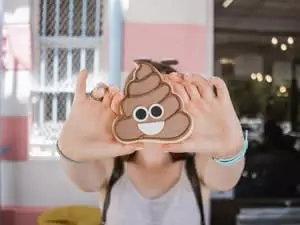
What is Anal Incontinence?
Anal Incontinence is defined as the complaint of involuntary loss of liquid or solid stool or the involuntary loss of gas.
It is supposedly an underreported condition because of its stigmatizing nature. It occurs in approximately 50% of women at long-term follow-up after anal sphincter injuries (Gommesen et al., 2019; Haylen et al., 2010; Damon et al., 2006; Cotterill, 2008).
- Details
- Written by: Staff
- 15514 Views

Trigger Point Injections for Chronic Pelvic Pain and Myofascial Pain
A 2018 study by Bartley et al., showed that transvaginal trigger point injections helped reduce chronic pelvic pain, particularly when in conjunction with therapies including pelvic floor physical therapy.
What is Chronic Pelvic Pain and How Common is it?
Chronic pelvic pain affects 1 in 7 women in the United States and can have significant negative affects on quality of life, physical, emotional, and psychological well-being. While there are various causes for pelvic pain, a common definition of chronic pelvic pain is pain that is noncyclical and occurring for at least 6 months (Bartley et al, 2018).
Read more: Chronic Pelvic Pain | Insights on Trigger Point...










